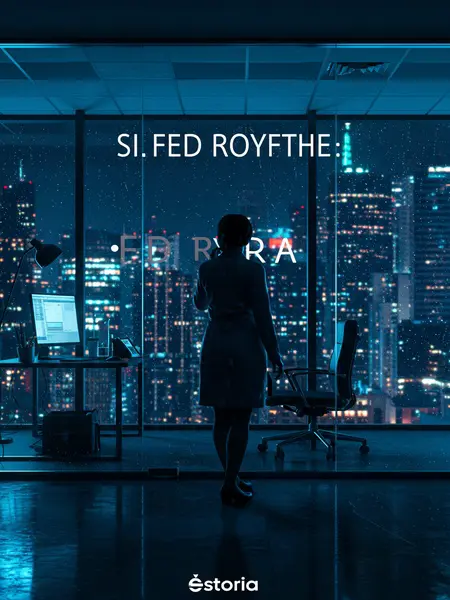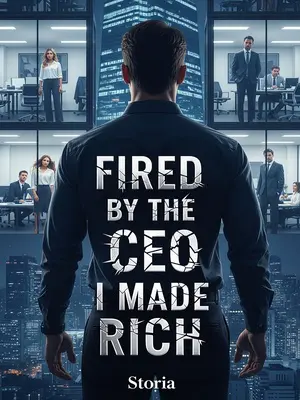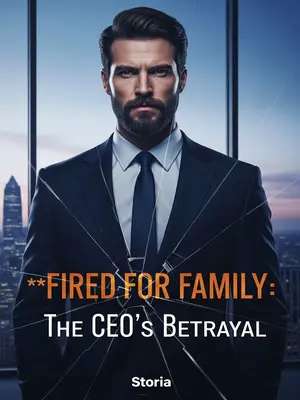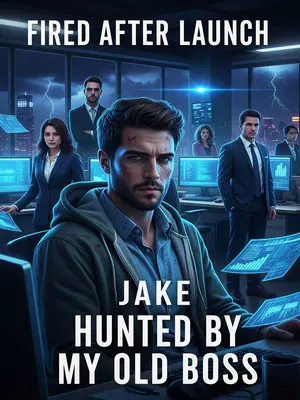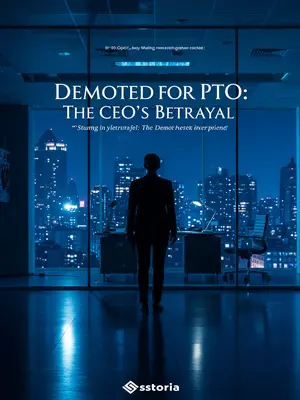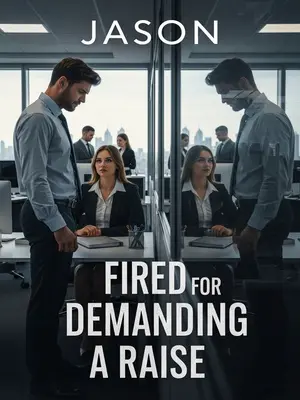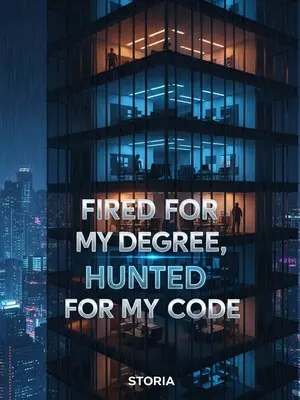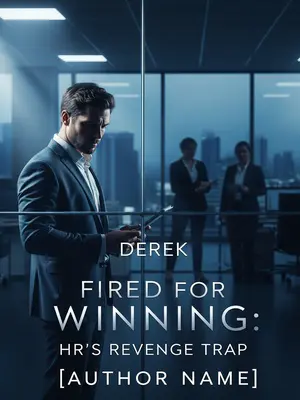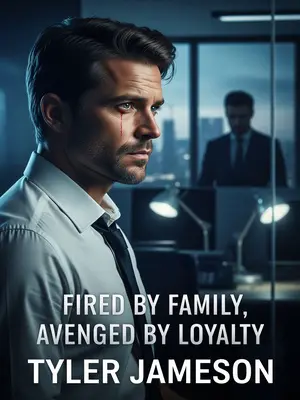Chapter 1: The Fall
They let me go. Just like that.
I’d built the foundation of our core project with my own hands. Just when I finally felt like I belonged, the company showed me the door.
The CEO kicked me while I was down, humiliating me in front of the entire company, calling me a seat-filler with no real skills. My ears rang. Every eye in the room felt like a spotlight burning through me.
He doesn’t realize: I’m the only one who can fix the failures buried in the core code.
Sooner than they think, the company will come crawling back to me.
---
We regret to inform you that, due to a company-wide personnel adjustment, your employment will be terminated.
Your keycard has been deactivated. Please collect your personal belongings immediately.
I was completely stunned.
It was like watching someone else’s life unravel, not mine. The buzzing of the fluorescent lights, the hum of voices outside HR’s glass-walled office—all of it faded away. The manila envelope crinkled in my sweaty grip. My badge felt heavier than ever as I slid it across the table.
I thought HR had called me in for a routine meeting. I never expected it would be a layoff notice.
The last time I’d been called in, it was to fill out a benefits update, and we joked about the cheap coffee in the break room. Today, the air was colder, heavy with the scent of lemon cleaner and bad news.
Three years ago, the company was just a small startup in Boise with fewer than twenty people.
We all crammed into a shoebox office above a pizza shop on State Street. Sometimes, the smell of pepperoni would drift up and get stuck in the carpet—State Street’s best pizza, according to Yelp, whether you wanted it or not. But I remember how the energy crackled; every morning felt like the first day of summer camp, wild with possibility.
I seized the opportunity in virtual interaction technology and, single-handedly, built the underlying framework for our core project.
The original server was a Frankenstein of borrowed parts and late-night Amazon orders. I remember soldering a prototype together under the pale glow of my desk lamp, chasing the high of every breakthrough.
I worked countless nights of overtime and developed our first product—Vivid, which uses smart glasses or car windows as platforms to enable seamless virtual interaction between people and their environment.
No more clunky VR headsets—users could finally feel like they were living in a sci-fi movie.
When the beta finally worked—projected traffic alerts floating across my friend’s windshield as we drove down I-84—I punched the roof in excitement. We whooped so loud the neighbors banged on the wall. I felt like anything was possible. I called my mom that night and tried to explain what I’d made, and she said it sounded like magic.
The moment Vivid launched, it took the market by storm.
Tech agents and developers flocked to us for partnerships.
The Vivid ecosystem rose like a skyscraper.
Our company quickly grew from twenty to five thousand employees.
I remember the day we moved into our shiny new headquarters. The mayor even came out for the ribbon-cutting—there was a banner, a taco truck, and the local ABC affiliate with their camera crew. It felt like we’d put Boise on the tech map.
Vivid’s development was booming. We rushed to update and iterate, and I haunted tech forums, upgrading Vivid’s system to the most cutting-edge, highly available architecture.
It was tough—few people truly mastered the core technology.
I poured myself into the work, with no time for anything else.
There were nights when I’d fall asleep at my desk, keyboard impressions pressed into my cheek, waking up only when the cleaning crew came through with their vacuums. Coffee became my meal plan.
That’s when Derek Benson was hired.
At first, he shadowed me, handling minor tasks. He was slick, a master at networking upwards.
He was always posting golf selfies with the execs, tagging every Starbucks barista in his stories. I swear he knew every barista within a mile. He could remember your birthday, your dog’s name, and your favorite IPA. But he couldn’t merge a pull request to save his life.
When it came time for the new Vivid product launch, they asked me to prepare a script.
I found it tedious. Derek volunteered, wrote the script, and hosted the launch event.
He was articulate and enthusiastic, which let me focus on the tech. After that, every launch event was left to him.
I was happy to have some peace—my only wish was to make Vivid better.
He claimed to be Vivid’s chief engineer. Over time, outsiders took it for granted.
Riding his connections, he climbed all the way up to CEO.
Meanwhile, I finished the Vivid upgrade, and my workload finally eased up a little.
